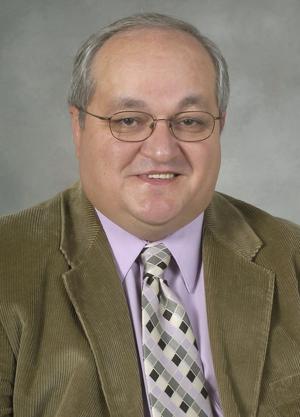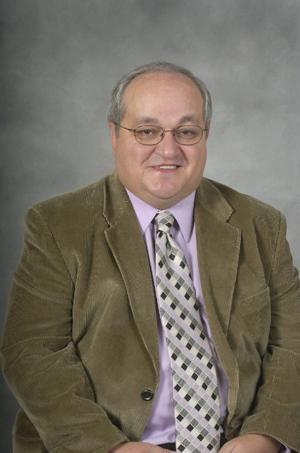GOUVEIA: Thank you, poll workers and election officials
Talk of 'rigged elections' demeans work done by public servants
Posted: Sunday, October 23, 2016 9:52 pm | Updated: 10:58 pm, Sun Oct 23, 2016.
This is a particularly good moment to stop and issue our heartfelt and sincere thanks to a group of hardworking people we depend on year after year to maintain the integrity of our most basic right as Americans.
Thank you, poll workers and election officials across this area, state and country. Thank you for all you have done in the past, and for the outstanding job we know you will do on Nov. 8 when more than 100 million Americans will cast their ballots for president and a myriad of other important offices.
These are the people who make voting easy for us, or at least as easy as possible. They do the work both behind the scenes and out in public. They help keep the voting lists accurate, the ballots private and the process fair and impartial.
Some are paid workers, and many are volunteers. They perform a thankless job where they generally get noticed only when something goes wrong. They are often blamed and seldom praised. But without them, our electoral process would grind to a halt.
Start with our city and town clerks and election commissioners both locally and nationally. These are elected or appointed officials who have to organize and coordinate this most sacred of American rituals. They oversee a process that at its core is quite simple, yet is governed by complicated and complex rules made all the more difficult by political candidates and staffers who know how to stretch and bend those same rules.
They get you registered to vote. They send you reminders. They update the list and eliminate fraud. It is largely through their work that voter fraud is nearly nonexistent. They maintain records, run the ballot machines and oversee the process that selects the most powerful person in the world. And they generally don't get paid a lot of money to do it.
Then there are the workers at the polls. The people who sit at the tables and direct you to the proper location. They check you in, make sure you get the right ballot and make sure that expression of your civic will is properly handled, counted and stored.
They tally the results while observers watch them with suspicious and prying eyes. They do so while setting aside their own opinions, prejudices and desires. With objectivity and a passion for democracy, they sit through the days when thousands stream past them - as well as the days when only a handful turn out to elect local officials.
They eat cold pizza during breaks from either monotony or frenetic activity. They patiently explain for the umpteenth time how your name got removed from the voter list because you didn't respond to the census. They stay under control when you yell at them because you have to get in yet another line. They answer the same questions over and over again and still manage to be civil.
They fill out the forms and paperwork to certify the actions you endorse with your votes. They are your friends, your neighbors, your relatives and people you may have noticed in the grocery store or at the gas station.
They are Republicans, Democrats, independents and members of lesser-known parties. But they put all that aside when they offer their services so you can choose your leaders.
When candidates talk about "rigged elections" and "rampant voter fraud," it demeans and insults the work done by these public servants. It destroys the faith Americans have in elections, which is made possible because these ordinary yet special folks have invested their time in making it all work
Freedom isn't free, and voting isn't cheap. It costs a lot of money to hold elections, and many lives have been given in the name of allowing us to vote. That's why it is so important that all of us, candidates and voters alike, continue to accept the will of the American people when it is expressed through free and fair elections.
The peaceful and orderly transfer of power is a staple of American democracy. It is made possible by the dedicated people who allow us to vote.
When the integrity of elections is impugned, so is their integrity. That's unfair.
On November 8, thank your poll workers.
Bill Gouveia is a local columnist and longtime local official. He can be emailed at aninsidelook@aol.com and followed on Twitter at @Billinsidelook.


